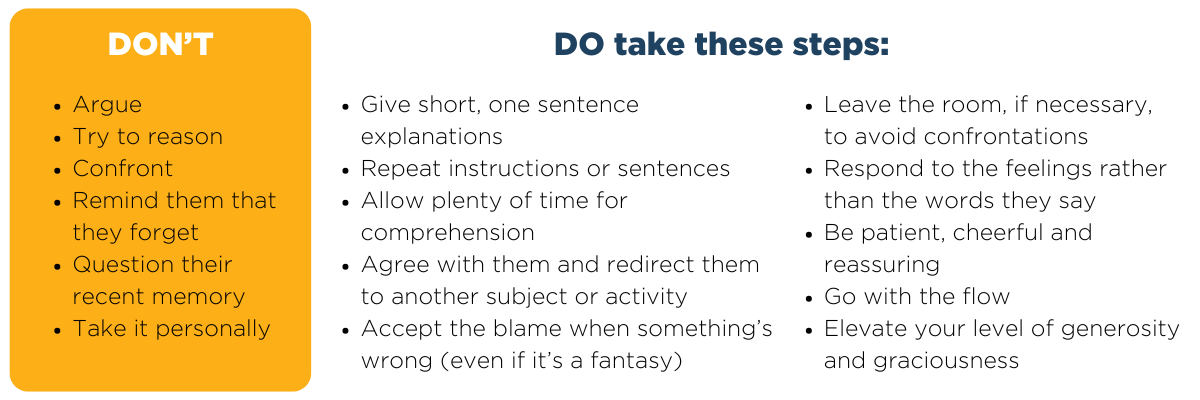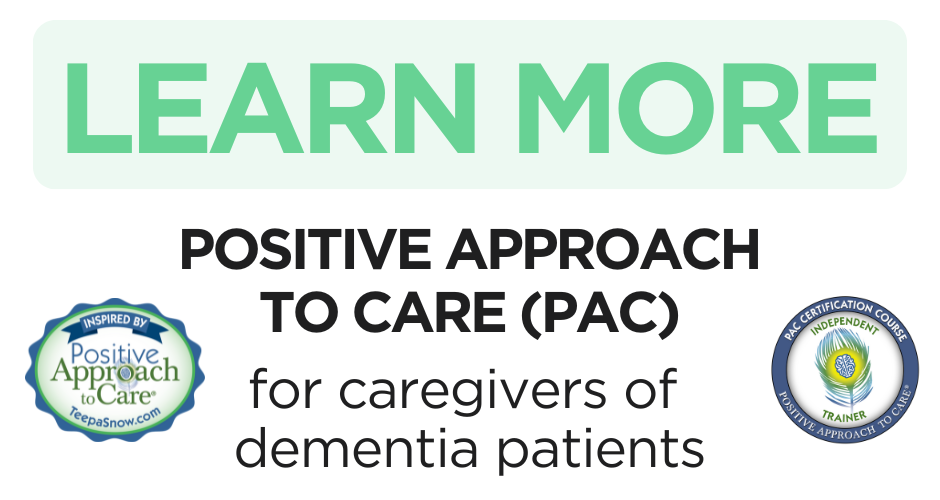Creating comfort and joy: Navigating Christmas when a loved one has dementia
The holidays are often filled with sharing, laughter and memories. But they can also bring stress, disappointment or sadness, particularly for families affected by dementia.
Preparing ahead of time can help. Follow the tips below to make the most of this holiday season with your loved ones.
Adjust expectations
The stress of care giving responsibilities plus holiday traditions can take a toll. During this time of year, it is especially important that you take care of yourself – mentally, physically and emotionally.
Communicate realistic expectations about what you can and cannot do.
Sometimes this can create a sense of loss if you must give up a role you always had, such as making the turkey, brisket or sweet potato pie, but think of it as a chance for another family member to start a new tradition.
Have a conversation with family beforehand about changes they might notice in the person living with dementia.
Some people living with Alzheimer’s become confused or agitated in the evenings (this is known as “sundowning”). Consider celebrating earlier in the day to work around this or make other arrangements.
Adapt gift giving
Provide people with suggestions for useful and enjoyable gifts for the person.
This could be things like an identification bracelet or membership in an adult daycare, or suggest comfortable, easy-to-remove clothing; favorite music; photo albums of family and friends; or favorite treats.
Advise people not to give gifts such as dangerous tools or instruments, utensils, challenging board games, complicated electronic equipment or pets.
Depending on their abilities and preferences, involve the person in gift giving.
For example, someone who once enjoyed baking may enjoy helping to make cookies and pack them in tins or boxes. Or you may want to buy the gift so that the person can wrap it.
Suggest to friends and family that they get you gift certificates or something that will help make things easier, like house cleaning, lawn or home maintenance, laundry services, restaurants or food delivery gift cards.
Familiarize others with the situation
The holidays are full of emotions, so it can help to let friends and family members know what to expect.
If the person is in the early stages of dementia, relatives and friends might not notice any changes.
If the person is experiencing moderate or severe symptoms, though, there may be significant changes since their last interactions with some family members.
Make sure friends and family understand that changes in behavior and memory are caused by the disease and not the person. People can help with communication by being patient, not interrupting or correcting, and giving the person time to finish their thoughts.
The medical community is constantly learning more about the varying forms of dementias. In the wake of ever-expanding knowledge, Mountain Valley’s team has adapted the “Snow Approach” to understanding dementia and empowering caregivers with more actionable skills.
Though each person and each dementia may progress differently, Teepa’s GEMS ability-based progression model shows us some of the changes in the brain and in the person’s skills that we can expect throughout this journey.
Involve the person living with dementia
- Ask them to help prepare food, wrap packages, decorate or set the table.
- Avoid using candies, artificial fruits and vegetables as decorations because a person with dementia might confuse them with real food. Lots of blinking lights may also confuse the person.
- When making holiday plans, consider what will be most comfortable and enjoyable for the person living with dementia. Maintain the person’s normal routine as much as possible so that holiday preparations don’t become disruptive or confusing.
- Focus on the things that bring happiness and let go of activities that seem overwhelming, stressful or too risky. Taking on too many tasks can wear on both of you.
- Build on traditions and memories while experimenting with new traditions that might be less stressful or a better fit with your care giving responsibilities, such as watching seasonal movies together.

Remember
They are not crazy or lazy.
They are saying and doing things that are normal for a person with dementia. If they were doing or saying things to deliberately aggravate you, they would have a different diagnosis.
Their reality is now different than yours, and you cannot change them. You cannot control the disease. You can only control your reaction to their symptoms.
They cannot remember – and they cannot remember that they can’t remember. They will ask the same question over and over – thinking it is the first time they have asked it. They are likely frightened and confused all the time. Each person reacts differently to fear. They may become passive, hostile, angry, uncooperative, agitated, verbally or physically combative.
Their anxiety may compel them to shadow you. They cannot remember your reassurances, so you will have to repeat them.













